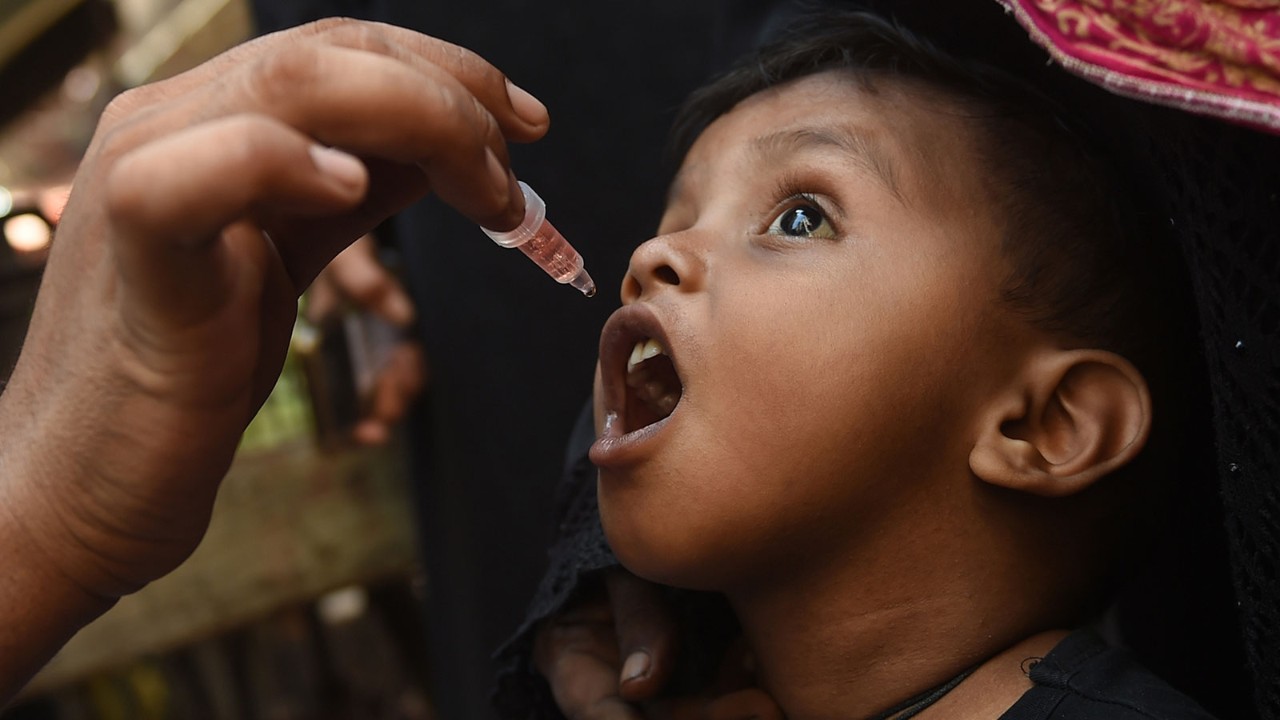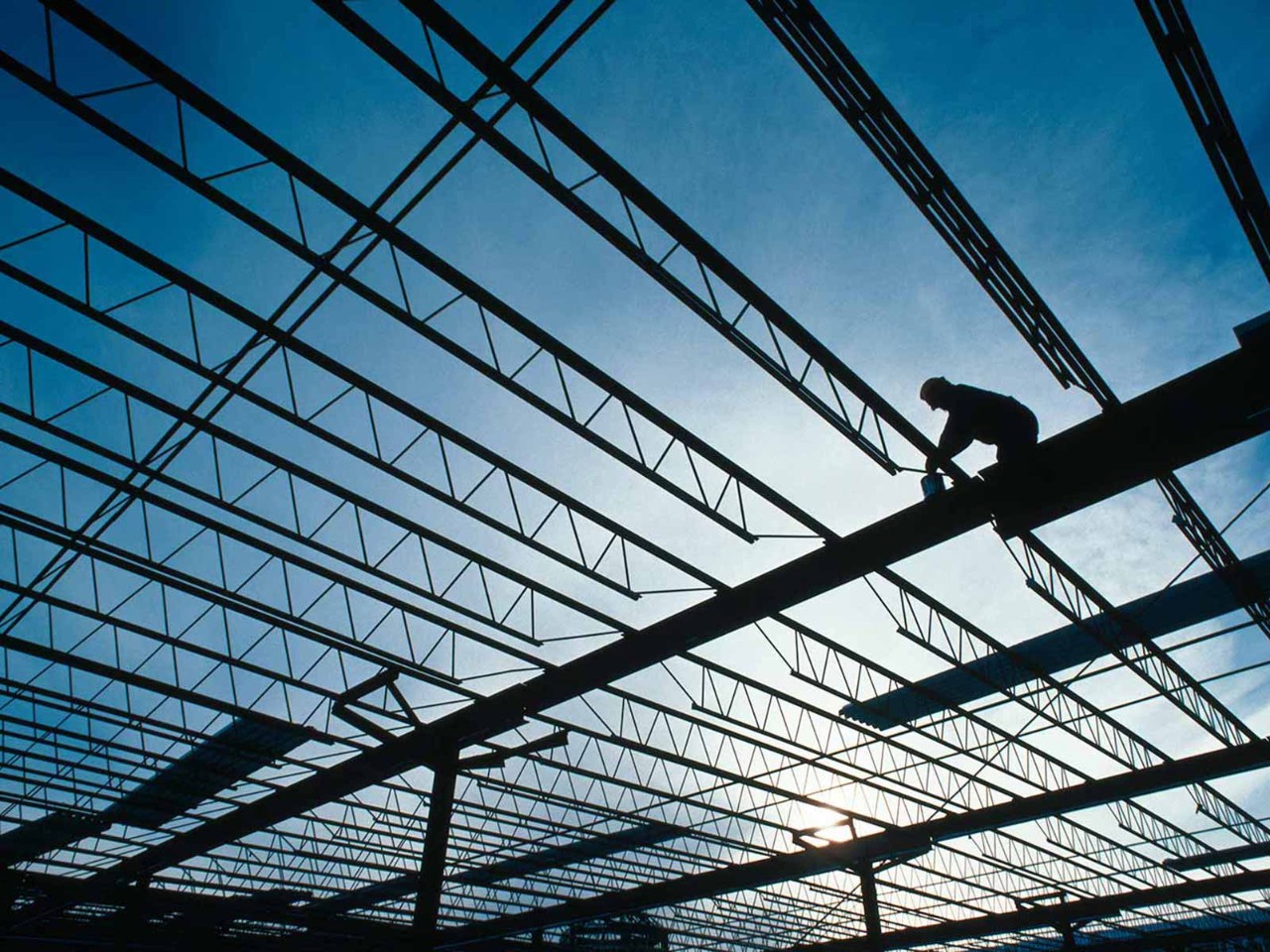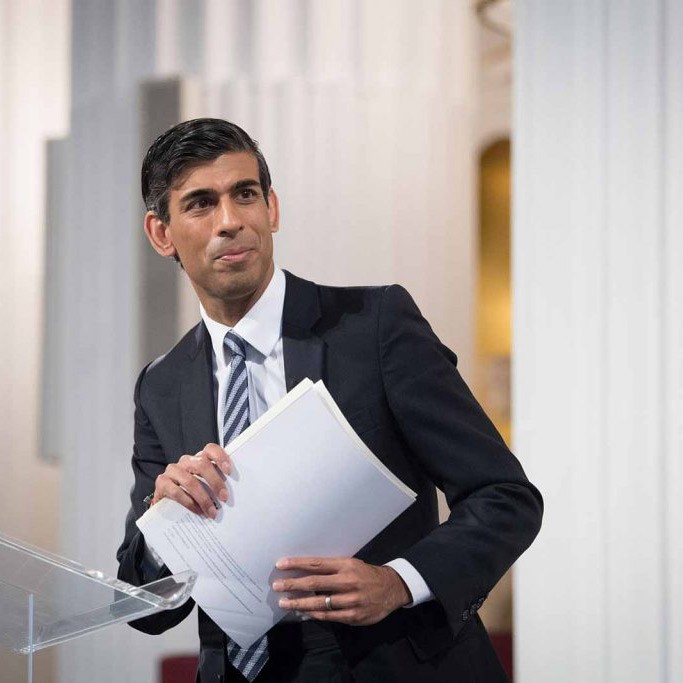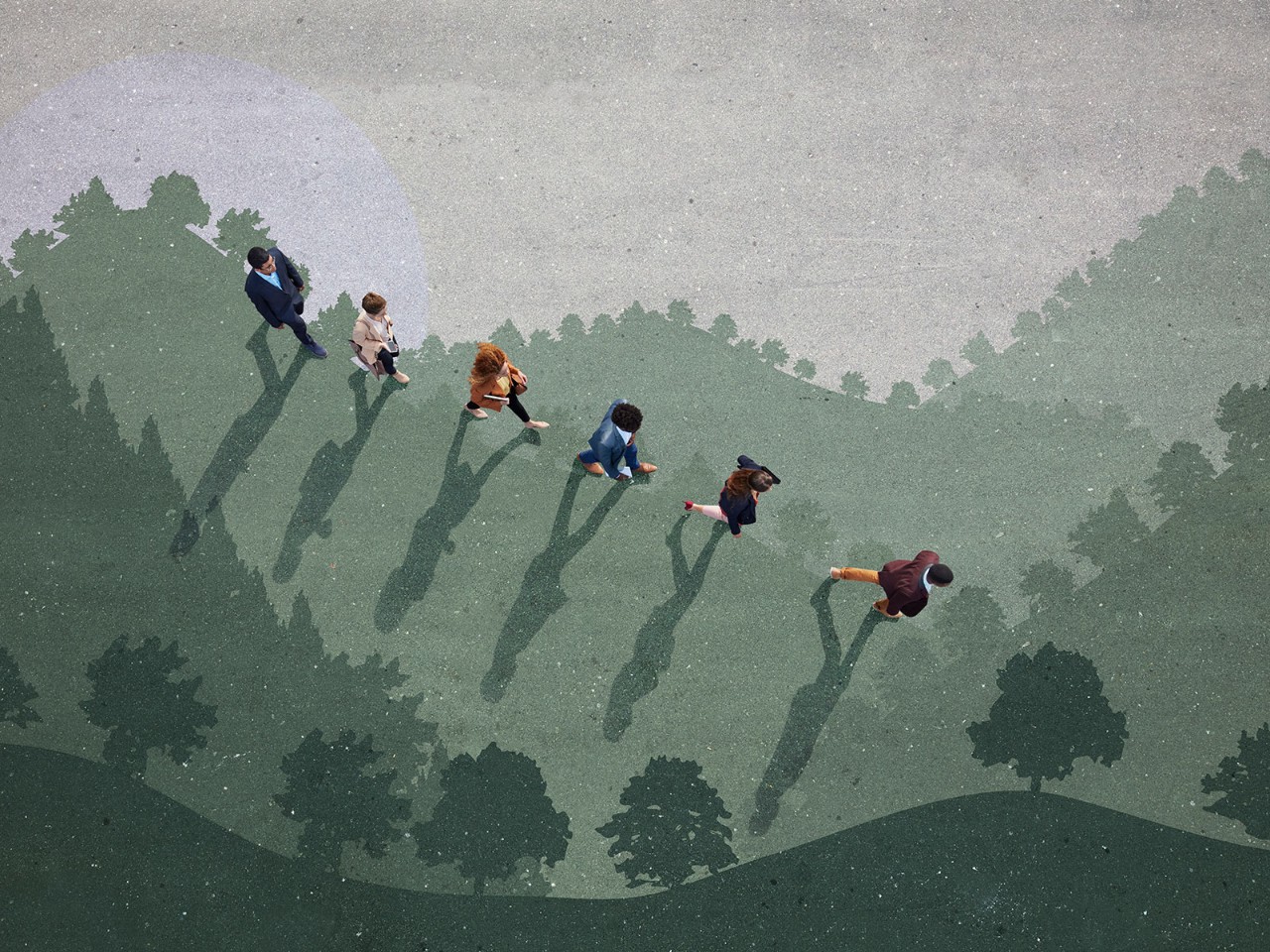
The extraordinary work of Gavi is helping vaccinate almost half the world’s children at low cost or no cost – an astonishing achievement. The vaccine alliance – a public-private partnership that supports vaccines against 17 infectious diseases including polio, typhoid, cholera and Ebola – has been co-leading the Covid-19 Vaccines Global Access Facility (Covax), with a staff and budget that has almost doubled in size to fight the pandemic.
‘Gavi and Covax are complementary,’ says director of programme audit Edmund Grove, whose job is to make sure that donors’ resources supporting national immunisation programmes in low to middle-income countries are used effectively. ‘Covax is essentially a startup that leverages the same successful systems Gavi has been using for some time now.’
‘You can’t just flood a country with vaccines and hope for the best’
Because Gavi allows manufacturers to plan their production based on known demand, they can buy vaccines at economies of scale. Its operations also give the pharma industry the incentive to invest in new products at affordable prices for developing countries.
Gavi doesn’t just make sure that countries get vaccines; it also helps fund national health infrastructure and systems. Its grants provide a range of inputs and financial assistance to countries for their vaccine and immunisation programmes through its alliance network, which including Unicef and the World Health Organization.
‘Our mission – beyond the provision of cheap vaccines – is support and capacity building,' says Grove. 'We try to strengthen the capability of national immunisation programmes, so that with our support countries can eventually transition out of the Gavi alliance portfolio. That’s actually happened in 16 cases.’ Gavi’s mandate covers health system strengthening, new vaccine introductions, cold chain equipment optimisation and targeted country assistance.
But they have their work cut out: a fast-spreading and mutating disease, public accountability and transparency with the organisation fully in the spotlight, while new vaccine formulations become available at a rapid pace.
Supercharged rollout and audit
‘We are supercharged at the moment,’ Grove says, as he explains his team’s audit approach. ‘We’re making a great deal of effort and collaborating more than ever with a range of assurance providers.’
The team is struggling with some new challenges too. ‘From an audit perspective, the vaccine rollout is different in every country, so you really have to look at the context,’ Grove explains. ‘The deployment of the Covid-19 vaccine is a tiered process, targeting the prioritisation of population groups, with differing structures and systems for different countries.’
‘Too many countries making bilateral agreements with manufacturers makes our job tougher'
Immunisation programmes revolve around close collaboration between national ministries of health and Gavi partners, based on a high degree of mutual respect and trust.
‘These are sovereign nations,’ Grove says, ‘and this is a difficult time. Governments are scrambling, health systems are stressed and supply chains are stretched. There’s never a good time to have an audit, but…’ he tails off. It’s clear that sufficient assurance is essential.
Grove’s team look at two key areas. First, they have to identify that Gavi support is managed properly through national systems and processes, including appropriate oversight, accounting and key controls. Second, they have to ensure that funds are used according to programme objectives and outcomes, by cross-checking and triangulating data between supporting documentation and immunisation records.
‘The goal here is to look for consistency between the programme expenditure, the movement of vaccines through the supply chain, and the immunisation outcomes,’ he explains. ‘Where this doesn’t align, you have to ask fundamental questions.’ Audit evidence, in this case, is truly a matter of life and death.
Keeping countries on track
Auditing national health systems in low and middle-income countries isn’t simple. ‘Many of these countries don’t have mature financial systems, so we’re working with a mixture of electronic, manual and incomplete records.’
But Grove emphasises that the organisation’s objective is to bring each national ministry up to speed and ensure that accountabilities are maintained.
‘We can’t just move on when accounts are imperfect,’ he says. ‘Sometimes, you have to restructure the audit methodology or allow additional time for records to be reconstituted. Supply chains are dealing with scale for which they may not have been designed. This stresses the resilience of national immunisation programmes. You can’t just flood a country with vaccines and hope for the best.’
'Our audit teams have to be agile, but this is masses of money – you can’t just do away with oversight'
Additionally, some countries are now handling three or four different types of Covid-19 formulation, each with different storage and usage requirements. ‘Our job here is to look at the logistics and capabilities. Is the team resilient? Are they adequately resourced? Do they have the skills and capacity? Our partners and ministries have to do a lot of heavy lifting.
‘In response, our audit teams have to find a way of flexing and being agile in the context, but this is masses of money and an acute situation – you can’t just do away with oversight.’
Can’t stop, won’t stop
Ultimately, Grove says, Covax and the Gavi alliance are mission-driven and will not cease in their effort to help curb the pandemic. It is the same goal as in Europe – to vaccinate enough people to reach herd immunity. And they’re well on the way. ‘We’re looking to distribute close to 1.9 billion doses by December, and a further billion doses by July 2022,’ he says.
In the future, Gavi doesn’t yet know if the Covid-19 vaccine will become a routine immunisation programme, as with measles vaccines for children, or whether it will use a stockpile, targeted approach, as it does with Ebola and yellow fever virus outbreaks.
On vaccine inequity, Grove is clear – it is a problem for humanity, and not a rich and poor problem. ‘The global vaccine supply was initially constrained because of nationalism – protectionism essentially. But ultimately such behaviour risked being counterproductive. Too many countries making bilateral agreements with manufacturers makes our job tougher, since we should be working multilaterally in ending this pandemic. The Serum Institute of India remains a major supplier, but it has had to pivot to focus on its domestic epidemic.
‘So we have to be flexible and prepared for bumps in the road. We must spare no effort to increase vaccine supply for lower-income countries. Generally speaking, if we can ratchet up and keep the pace of immunisation of low and middle-income countries to only a few months behind western nations – and it’s looking like we will achieve that – then we’ll be happy.
‘Looking back at past pandemics such as SARS and MERS, we’re significantly ahead. That can only be good.’



